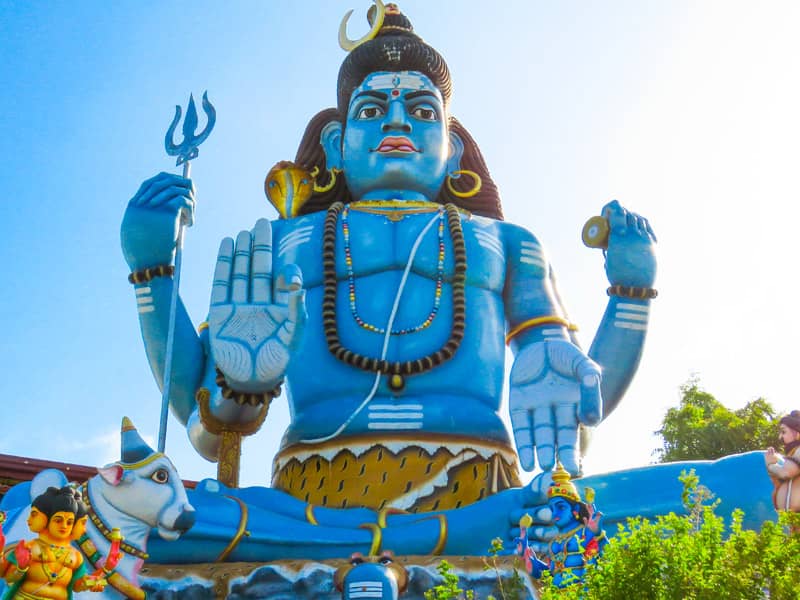NEW DELHI, Jan 9 (AFP) - Hindu pilgrims unable to attend the world's largest
religious festival in northern India can for the first time seek spiritual
salvation on the Internet with a computer-aided purificatory bath.
State-of-the-art technology has been wedded to centuries of tradition to
enable millions of Hindus to wash off their sins in the comfort of their
homes. The 42-day Maha Kumbh Mela (Great Kumbh Fair), which began Tuesday in
the town of Allahabad, is expected to draw up to 70 million devotees seeking
to purify their souls with a dip where the holy Ganges and Yamuna rivers
converge. Millions of others who cannot attend the mega-event can absolve
themselves of their wrongdoings or ensure a place in heaven for their dead
ancestors with the click of a mouse, a tub of water and dollops of devotion.
Spearheading the revolution is webduniya.com, which touts itself as the
official Kumbh Mela website. Other sites including kumbhallahabad.com,
prayagonline.com, indiatimes.com, and rediff.com are also focusing on the
pilgrimage, with special features for tourists including a virtual tour of
Allahabad.
Webduniya is offering detailed instructions about the ritual with
an audio facility for playing ancient Hindu prayers, called "Shlokas," which
are recited during the purificatory bath. "We wanted to reach out to those
people who cannot come. The target audience also includes Indians who live
abroad but are deeply rooted to tradition," said Webduniya chief technology
officer Pankaj Jain. "Of course doing it at home will not have the same
effect as having a bath in the Kumbh. But I believe it will have some
effect," Jain told AFP. Jain admitted that by bringing home rituals to the
masses he was "also earning good karma for myself."
The website says the
"best time for the bath is dawn when the nine orifices have to be cleaned
thoroughly. "Dip yourself down to the waist in water. Take a cupful of water
in your palms and sprinkle it in all four directions while reciting prayers.
Then throw some water at the back over the top of your head.
"The body is
now pure so it is time for the mind. Meditate and pray and then face the sun
and offer your tributes to the 360 million (Hindu) gods to seek their
benediction." But it also warns against serial sinning, saying: "After the
bath you are as pure as on the day you were born. But you have to vow never
to resort to lies or untruth until the day you die."
Although webduniya.com
has versions in Hindi and three other Indian languages at present it plans
to expand its services to seven other local languages before the pilgrimage
is through.
Traditionalists may carp that a cyber-bath is not the real
thing, but for a leader of India's powerful Vishwa Hindu Parishad (VHP,
World Hindu Forum), virtual salvation is not a problem. VHP leader Vishnu
Hari Dalmia, whose organisation has close links to Prime Minister Atal
Behari Vajpayee's Hindu nationalist party, said it was a reflection that
India was moving on. "We don't take the bullock cart nowadays, there are
ships, planes and trains. So it is fitting that in the new millennium, we
are marrying the computer to religion," he told AFP. "Many people who cannot
come can take the bath. Others like myself, who cannot take cold water
baths, can also avail of a relatively comfortable bath."
Prayagonline.com,
detailing the history of the festival, recalled the impressions of a Briton,
Sidney Low, who accompanied the Prince and Princess of Wales during a 1906
tour of India. Low was mesmerised. He wrote: "Nothing more impressive,
picturesque and pregnant with meaning and significant than the Kumbh Mela
can be witnessed in India. "Until you have looked upon one of these
tremendous gatherings of humanity, many aspects of Indian life and character
will remain hidden from you."
2016-06-30
2016-06-30
Beliefnet Editor
more from beliefnet and our partners

